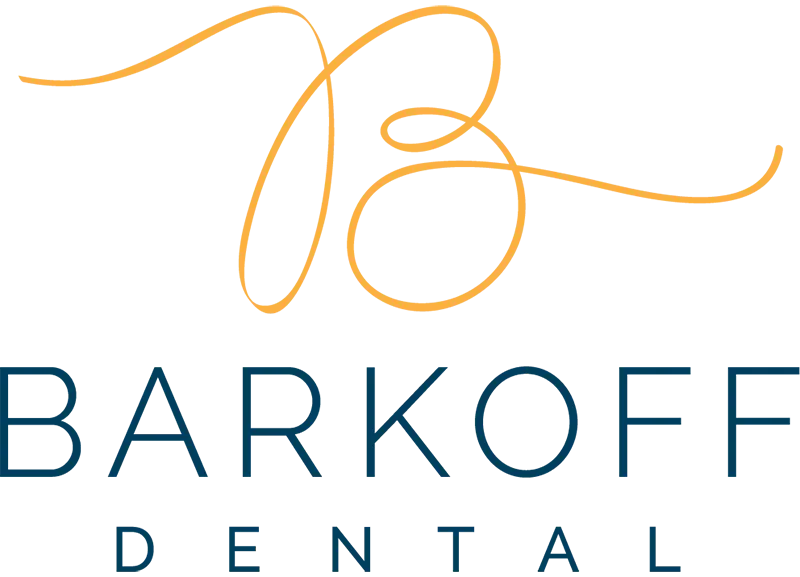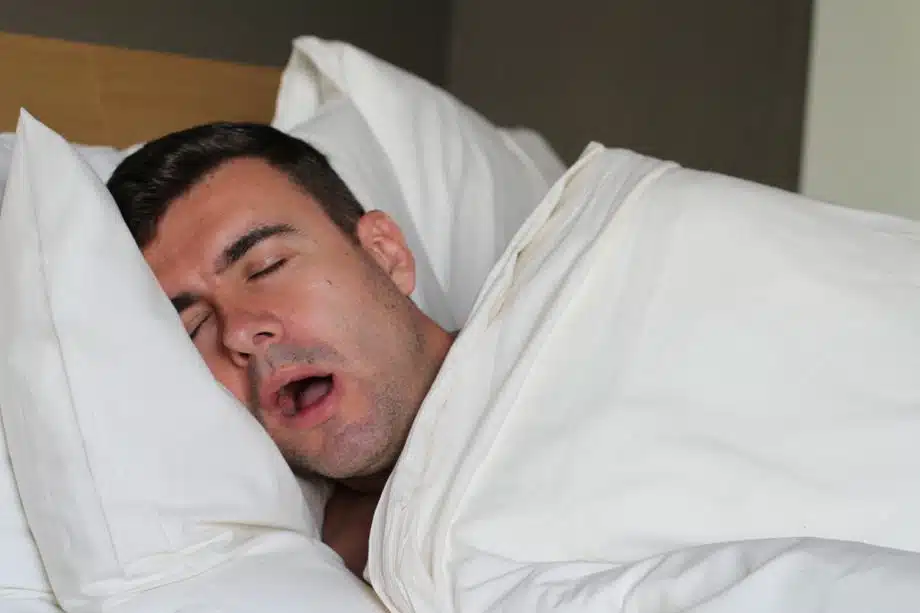Sleep apnea is a common condition that is being diagnosed more often in recent years. It affects your breathing while you sleep, preventing you from getting quality rest that is crucial to your health and well-being.
The most common treatment that people are familiar with is a CPAP machine. But did you know that there are other ways to treat sleep apnea? When you talk to your dentist about your sleep apnea symptoms, you may be surprised to learn that you have other options for treatment.
Understanding Sleep Apnea
Sleep apnea is a disorder that is characterized by loud snoring and pauses in breathing while you are asleep. When you lay down to sleep, especially on your back, your tongue slides back toward your throat and other soft tissues of your mouth and throat relax, obstructing your airway. Partial obstruction results in snoring and complete obstruction can cause you to stop breathing for seconds or even minutes at a time. These symptoms cause interruptions to your natural sleep cycles, which prevents you from achieving quality sleep.
Diagnosing Sleep Apnea
When it comes to getting an official diagnosis for sleep apnea, patients often assume they need to see a sleep specialist. However, your dentist can diagnose and treat sleep apnea as well, and often at a lower cost. Your dentist can diagnose sleep apnea by asking you about your symptoms and performing and oral evaluation.
Treating Sleep Apnea
The most common treatments that can improve sleep apnea include:
- CPAP. CPAP stands for (Continuous Positive Airway Pressure). It is a machine that delivers air through a mask to keep your airway open. The mask may cover your mouth and nose, or just your nose in some cases. You will need to wear it whenever you sleep to prevent airway obstruction.
- Oral Appliance Therapy. An alternative to a CPAP is an oral appliance. Dentists can create a custom mouthpiece that holds your jaw in an ideal position to prevent your tongue from sliding back toward your throat. An oral appliance is compact, quiet, and requires no electricity or batteries.
Symptoms of Sleep Apnea
You may be wondering if you have sleep apnea. The following symptoms are common with this condition:
- Loud snoring
- Feeling tired immediately or shortly after waking
- Lack of energy throughout the day
- Headaches
- Difficulty with focus
- Dozing off frequently
- Teeth grinding
- Falling asleep at the wheel
- Frequent waking at night
- Waking up out of breath
Frequently Asked Questions About Sleep Apnea
How do I know if my snoring is actually sleep apnea?
Sometimes snoring is an indication of sleep apnea, and sometimes it is not. An official diagnosis is based on a variety of symptoms that suggest that a disorder is present.
Is an oral appliance covered by insurance?
Your dental insurance may not cover an oral appliance for sleep apnea, but your medical insurance might. With an official sleep apnea diagnosis, oral appliance therapy is more likely to be covered.
Learn More About Sleep Apnea From Barkoff Dental
If you think you may have sleep apnea, schedule a consultation with Barkoff Dental. We can discuss your symptoms and perform an oral evaluation to determine if your condition is severe enough to require treatment. We provide oral appliance therapy for patients that is comfortable and effective.
Call 516-921-1133 or contact us today to learn more and schedule an appointment.

